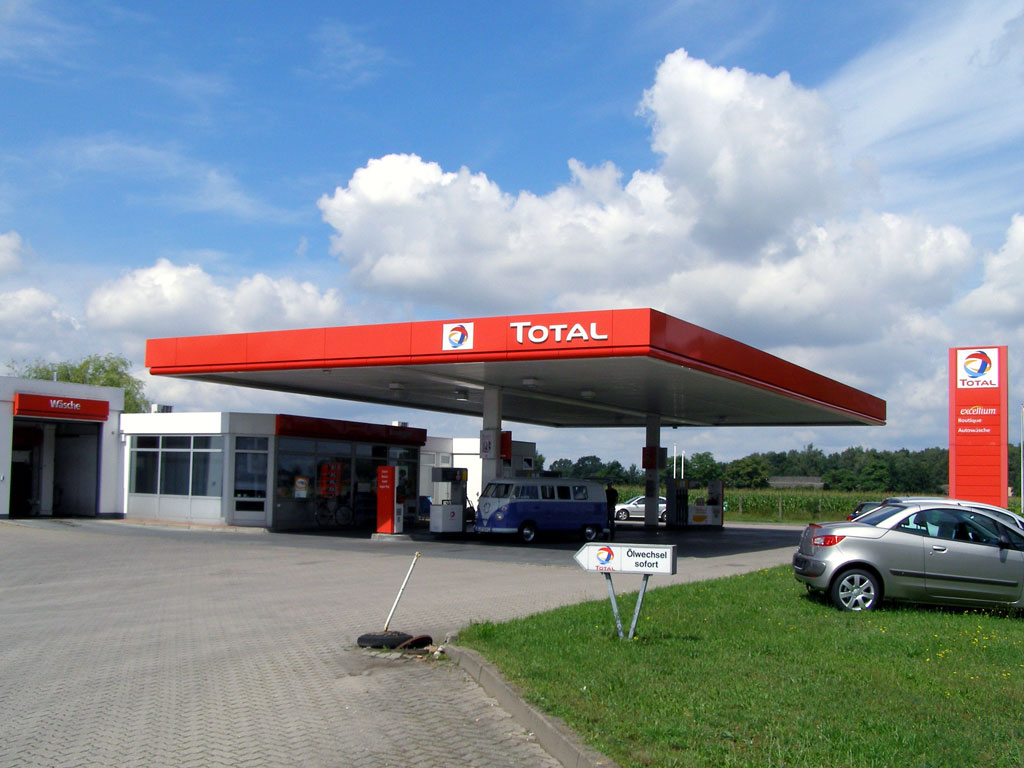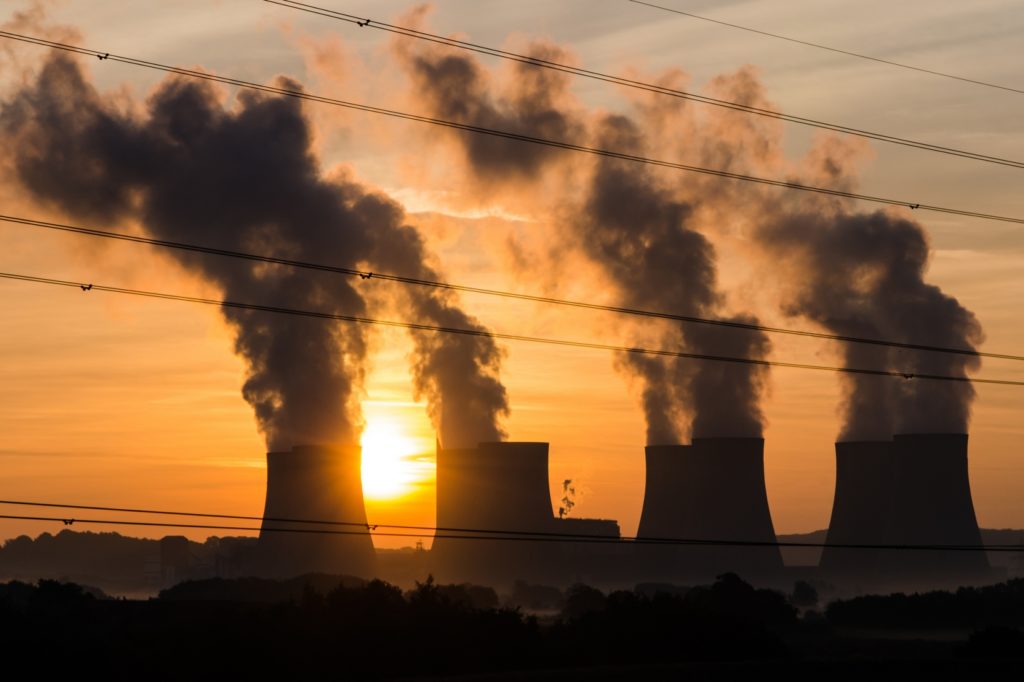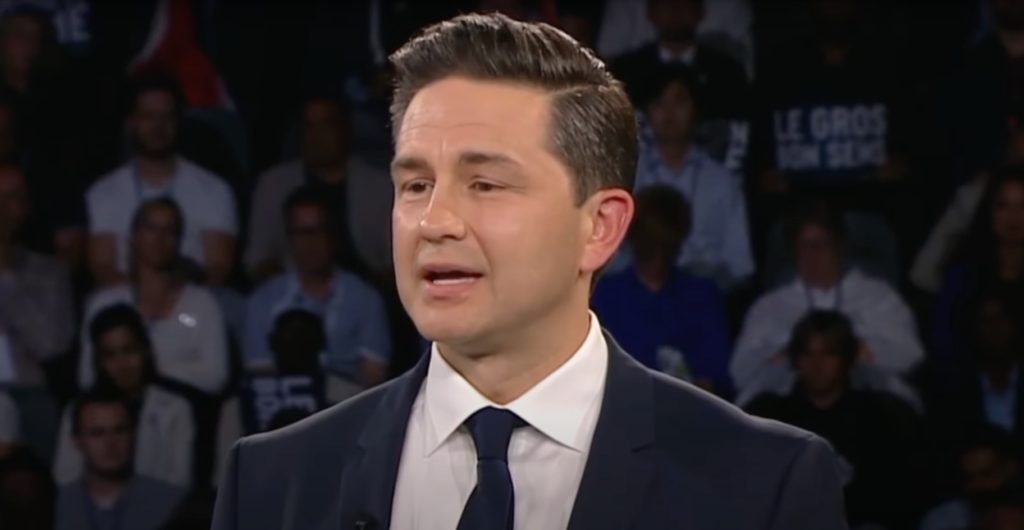French oil giant Total announced on Friday that it would not renew its membership to the American Petroleum Institute (API), a stunning blow to the oil industry’s most powerful business lobby. Total pointed to its differences with API over climate policy as its main motivation.
“We are committed to ensuring, in a transparent manner, that the industry associations of which we are a member adopt positions and messages that are aligned with those of the Group in the fight against climate change,” Patrick Pouyanné, Total’s chief executive, said in a statement.
Total cited API’s support for the rolling back of U.S. methane emissions on oil and gas operations, as well as the lobby group’s opposition to subsidies for electric vehicles and its opposition to carbon pricing.
Last year, the French oil company, along with BP and Royal Dutch Shell, cut ties with another oil industry lobby group, the American Fuel and Petrochemical Manufacturers, which represents oil refiners. BP also withdrew from the Western States Petroleum Association and the Western Energy Alliance, two other powerful lobby groups in the western United States.
However, Total is the first oil major to quit API. The decision highlights the growing divergence between European oil majors, who have announced decisions to begin transitioning towards cleaner energy, and their American counterparts, who appear determined to continue to increase oil and gas production. The withdrawal also reflects the growing pressure for the oil industry to slash greenhouse gas emissions from investors, policymakers, activists and the public amid a worsening climate crisis.
In case you were wondering if oil industry has learned anything from the last 4 years @APIenergy told @energyintel it will oppose any tax credits for EV charging stations and push back against policies aimed at eventually electrifying the US transportation fleet. https://t.co/zsVGd4460D
— Amy Myers Jaffe (@AmyJaffeenergy) January 14, 2021
The news comes after the API’s CEO Mike Sommers gave a presentation earlier this week, outlining the trade group’s main policy goals. Sommers warned the incoming Biden administration not to try to undo the extensive deregulation completed under the Trump administration.
For example, the Environmental Protection Agency (EPA) under President Trump weakened the National Environmental Policy Act (NEPA), a bedrock environmental law that allows the public to weigh in on major infrastructure projects such as oil and gas pipelines. The API wants the Biden administration to keep the Trump administration’s weakened version. Likewise, API supported the Trump administration’s rollback of methane emissions – one issue that Total opposed – and now, in anticipation of a return of tighter rules, API says that it will work with the Biden administration on methane, but that it wants a “seat at the table.”
At the same time, Sommers and API boasted that the oil and gas industry is leading on climate change, a disingenuous claim given the group’s determined opposition to any meaningful climate action. In fact, API has engaged in a disinformation campaign on climate change for decades, and newly discovered documents demonstrate API’s pattern of deception dates back to at least 1980.
“It’s disappointing to see API defending these regulatory rollbacks rather than leading industry to step up to the scale of the climate challenge,” Jason Bordoff of the Center on Global Energy Policy told Politico’s Morning Energy in response to the publication of API’s policy wish list. “The goal is to get to net-zero, and if API wants to ensure industry has a seat at the table, it needs to articulate a clear vision for what industry’s role is in getting there and what the industry looks like in a decarbonized world.”
Main image: Total oil petrol station. Credit: Schreibschaf CC BY–SA 3.0
Subscribe to our newsletter
Stay up to date with DeSmog news and alerts






